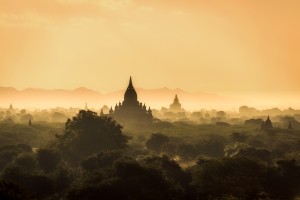
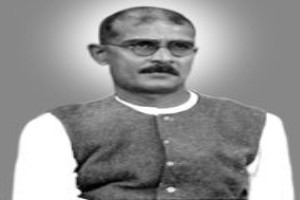 By Mahadev Desai*
By Mahadev Desai*There was the same gushing love, the same delirious enthusiasm
We sailed from Calcutta for Rangoon as deck passengers on board a B.I.S.N. boat on the morning of the 5th instant. The sea was as calm as an inland lake, and the voyage as smooth as the motion of the ship which was literally like the motion of a pearl on a silken string, made the more happy and lively because of the numerous deck passengers many of them North India men, reading and reciting Tulsi Ramayan at the top of their voices, whom if we had travelled second we should have missed. It is not for nothing that robust optimist R.L. Stevenson exulted in the thought of ever being a third class passenger- on sea as in life. Even the smaller comfort that one is supposed to get in the lowest class is richer than the isolated comfort of a second class cabin or a first class saloon. With Gandhiji, however, the reluctance, if not resentment, to travelling in a class higher than the lowest is born of the ever deepening worship of Daridranarayan of which the intensity one could feel in every speech of his in Rangoon.
When Gandhiji excused himself from signing the bond to appear before the chief Presidency Magistrate on the morning on 5th March by saying that he could not take the responsibility of disappointing thousands of people in Burma – ‘let Government take the responsibility by taking charge of me’ – we do not think even he had an exact measure of disappointment that would have been caused had he failed to keep his programme.
The Reception
A deputation of twelve gentlemen representing almost all the principal communities in Burma was on boat before she steamed into the wharf where a record reception awaited him at the hands of a monster cosmopolitan gathering. For hours and hours during the day crowds waited at the house of Dr. P.J. Mehta, Gandhiji’s life-long friend and companion, but for whose sake the visit might have been postponed, as it used to be every year indefinitely.
Also read: History Recalled: Untouchability in mediaeval India
The reception irresistibly reminded one of the rousing welcome accorded to Gandhiji by the people of Ceylon two years ago. There was the same gushing love, the same delirious enthusiasm, but behind the striking resemblance one could not fail to be struck by a subtle difference. Ceylon with its rapid assimilation of Western manners and customs gave one the impression of the busy, hustling Western world. Burma, which in many ways is the least conservative of the Eastern nations, still gives one a glimpse as it were of the multi-coloured ‘Silken East’, – its gorgeousness and response, a glimpse of the culture and the wonderful social organisation of ‘the land of the Celestials’ and of the rising sun, with its parasols and umbrellas, its yellow-robed monks and temples and monasteries. But the former has at one time been a part and parcel of India and in spite of its rapid Westernisation it greeted Gandhiji as a representative of ‘Mother India’, while the latter in spite of its Eastern Tradition and its Buddhism has never properly speaking been a part of India. And a cluster of press representatives who met us on the boat, before we had disembarked, evinced the greatest anxiety as to whether Gandhiji had come to advice and influence the Burmese on the burning question of the hour, viz., that of separation. But even the burning question could not displace the blazing question of the hour, for all nations of the East ground down under the heel of Western imperialism, and yearning to grasp the message of truth and ahimsa the twin weapons with which to cast off the trammels of economic and political bondage.
In fact the citizen’s address which was read by U Chit Hlaing, the Chairman of the reception committee, welcomed Gandhiji ‘as the noble son of great India whose children many of us are or from whom many of us have received our religion and our culture’ and as the exponent of ‘Non-violent Non-cooperation,’ which you have once again unfolded before the world as proof against all violence.’ The Phoongys who welcomed him in one of their great monasteries were happy in the thought that they had in their midst one who revered their great Master and his central teaching and hoped that they might have occasions to work with him for a common cause. A yet grander reception was accorded him at the Shwe Dagon (Golden Rangoon) or the Golden Pagoda, the glory of Burma, which ‘appears imposing and sublime, at all times and at all distances, like the religion whose followers have built it’ (Scout). U Paw Tun, welcoming him on behalf of the hundreds of Phoongys and thousands of Burmans gathered there, said that Gandhiji was by his noble example paving the way for the freedom of India and Burma.
Burma – a few facts
But we are talking only of Rangoon which apart from the wonderful symmetry and cleanliness of its roads might have been a part of Bombay, Calcutta or Colombo. Indeed the Burmese population of Rangoon is less than a third of its total population, and except for the silken drapery of the Burmese one sees nothing of the real Burma in Rangoon. The real Burma we were privileged to have a glimpse of when we went to that beauty spot of Burma, Moulmein. Of that, however, later.
The masses in India know Burma from the employment it affords to the numerous Gujrati-speaking Hindus, Musalmans and Parsis and to the Chettiars of South India. To the educated class Burma with its Mandalay is a place of pilgrimage, as the great sons of India from the late Lokamanya and Lalaji to Subhas Babu and others were given there their well-earned rest by an alien government which in the past had chosen Ratnagiri in India as the Burmese King Thebaw’s prison – poignant reminders both, of the fact of the foreign rule, alike to the Indian and Burman.
Every student of Indian history knows the three Burmese Wars (1826, 1852, and 1855) as a result of which Assam, Manipur, Arakan and Tennaserim, then Pegu and finally the rest of Burma passed into the hands of the British. One needed not go into the history of the annexation, part of which is still going and still bears witness to the iron heel of the alien ruler. Though in area Burma is larger than any other Indian province, its population is a little over 12 millions, of which only one million were entered as townsmen in 1911.
The province is said to be growing every day in trade and commercial prosperity, with its export trade in 1922 amounting to £53,000,000 as against the import trade which was £44,000,000. That shows indeed a substantial balance in favour of the province. But it is only apparently in favour of the province. For the rice-milling industry (exports £31,679,200) is ‘being directed almost exclusively by European firms’ (Whyte), and of the oil and the teak industry amounting to £7,250,000 and to £3,750,000 respectively, the bulks belongs to the Europeans foreigner.
So far as the indigenous cottage industries are concerned, Sir Herbert Whyte, a Civilian, mentions with regret the fact that ‘the home industries of cotton and silk weaving’ which ‘were formerly universal’ are now dying out. ‘Every house had its loom, where on the girls wove pasos and tameins, the skirts worn by men and women respectively, and produce textures of bright and beautiful colours. It is to be regretted that these have to a great extent been supplanted by imported fabrics often of inferior kinds.’
The spinning wheel, a most artistic bamboo design, which yet produces beautiful yarn in a few Burmese homes, is well nigh extinct, and Burma exports about 50,000 bales of its beautiful cotton. The Burmese are still renowned for their silk-work and wood-carving. Even as regards this art work, Sir Herbert Whyte says: ‘There is a risk that this rare and beautiful art may be debased by Western teaching and by misguided efforts at encouragement and improvement. ’Even the gracefully made umbrellas were ‘for a time almost entirely displaced by common ugly European articles.’ The same authority records with the same regrets that ‘most of the picturesque craft are softly and silently vanishing away. Multitudes of launches now make the sylvan creeks (of the Irrawaddy) hideous with steam-whistles, the grinding of screws, the churning of paddles, and the patriotic Burmese laments with a tear the disappearance of the whole Burmese boat traffic on the Irrawaddy, thanks to the Irrawaddy flotilla Company.
Coupled with this economic ruin, is the fact of their increasing moral ruin, the opium and excise revenue amounting to £1,000,000 (a third of the land revenue), and Sir Herbert Whyte remarks that though ‘Burmans are discouraged by their religion from drinking intoxicating liquors, the habit of drinking seems to be increasing.’
But enough of this dark picture. It is not the exclusive property of Burma which is quite similarly situated with any other Indian province in this respect.
*Mahadev Desai was an eminent freedom fighter and Mahatma Gandhi’s personal secretary; article courtesy his grandson, Nachiketa Desai.


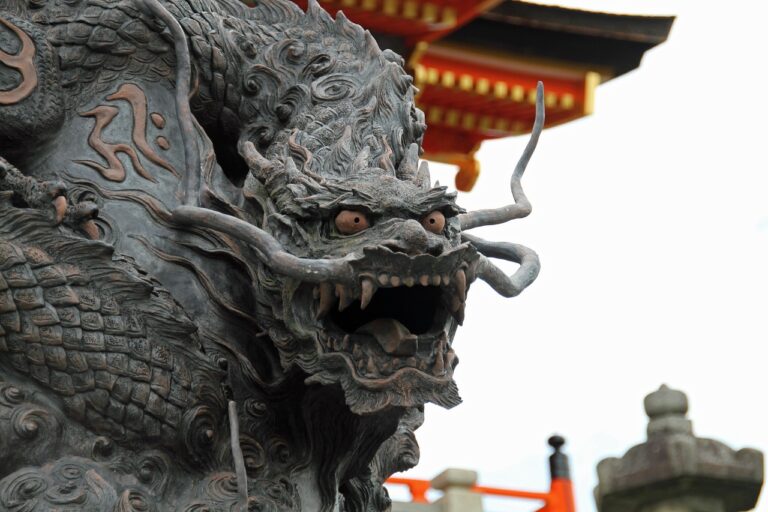
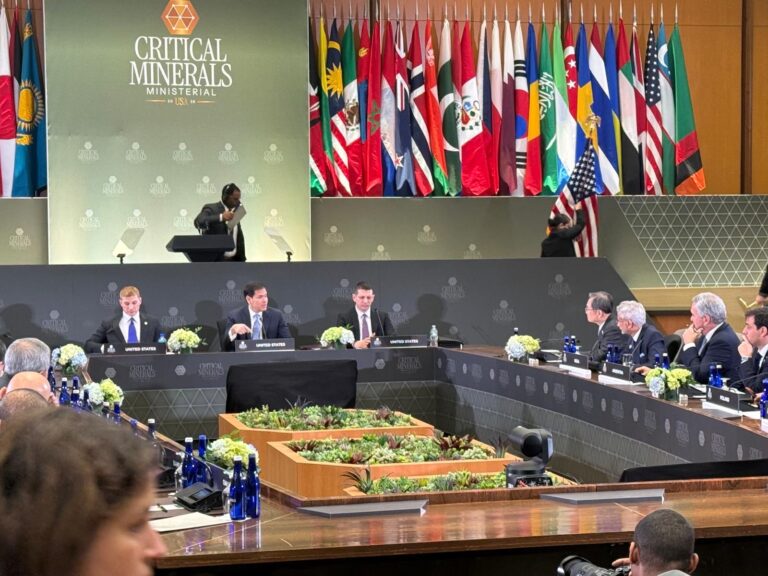
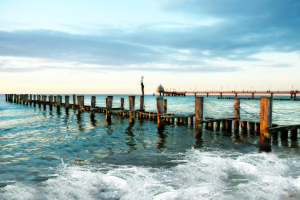
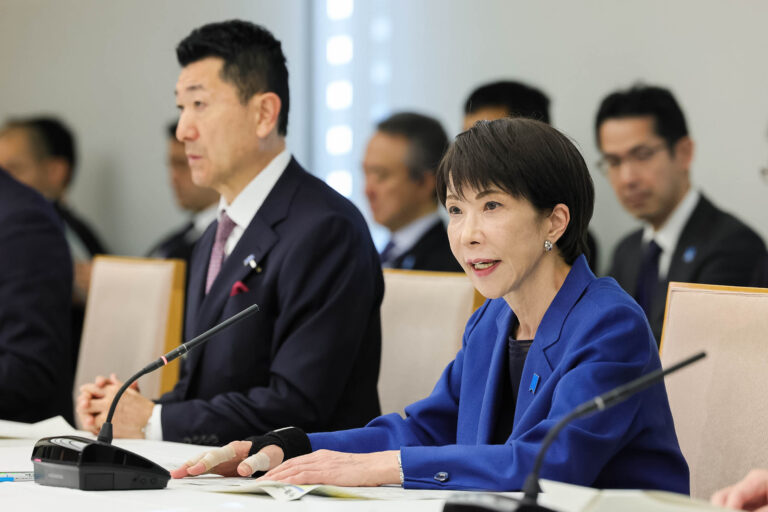
I conceive this web site contains some really great info for everyone : D.